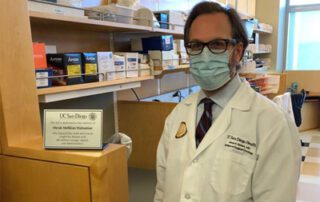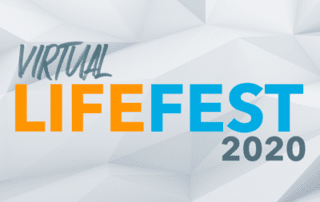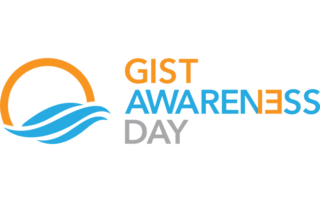Medical Advisory Board Member Dr. Sameer Rastogi, AIIMS Team Publish Study on SDH-deficient GIST
Medical Advisory Board Member Dr. Sameer Rastogi and the AIIMS Team Publish Study on SDH-deficient GIST titled, "Succinate dehydrogenase deficient GIST: Case series and review of literature from a tertiary care centre in India".



